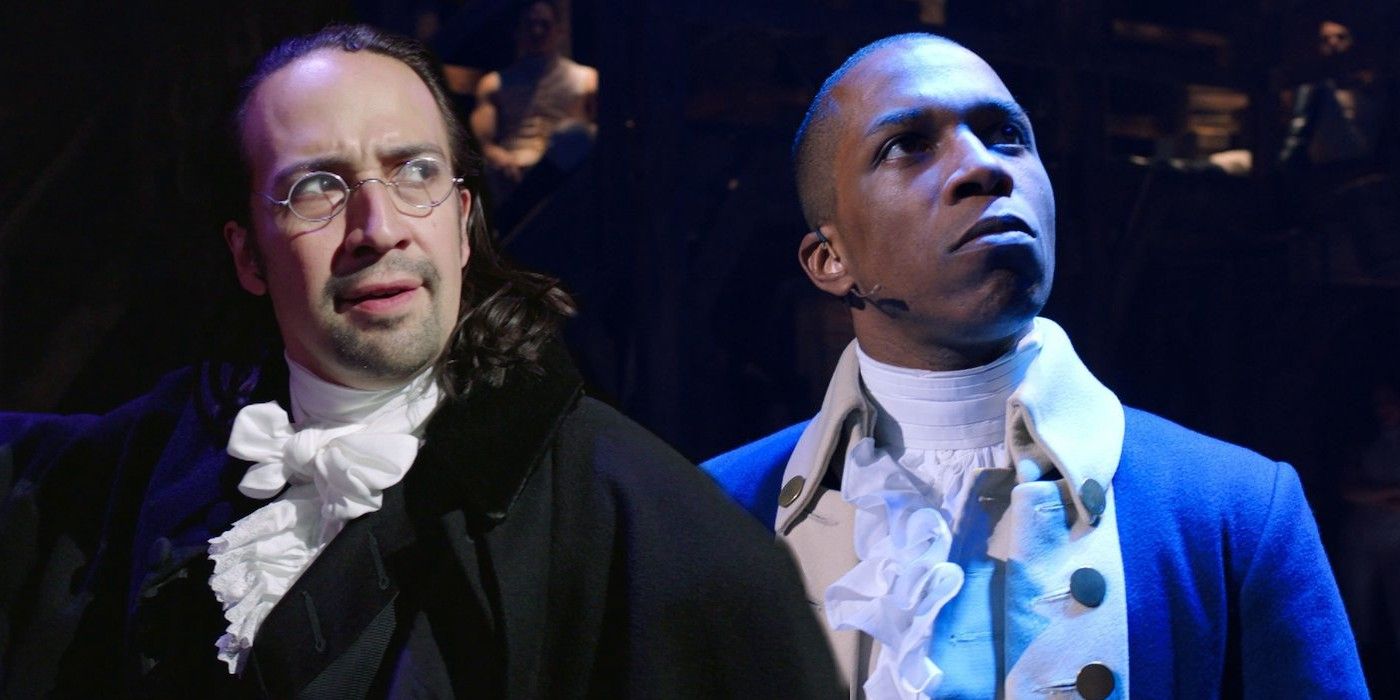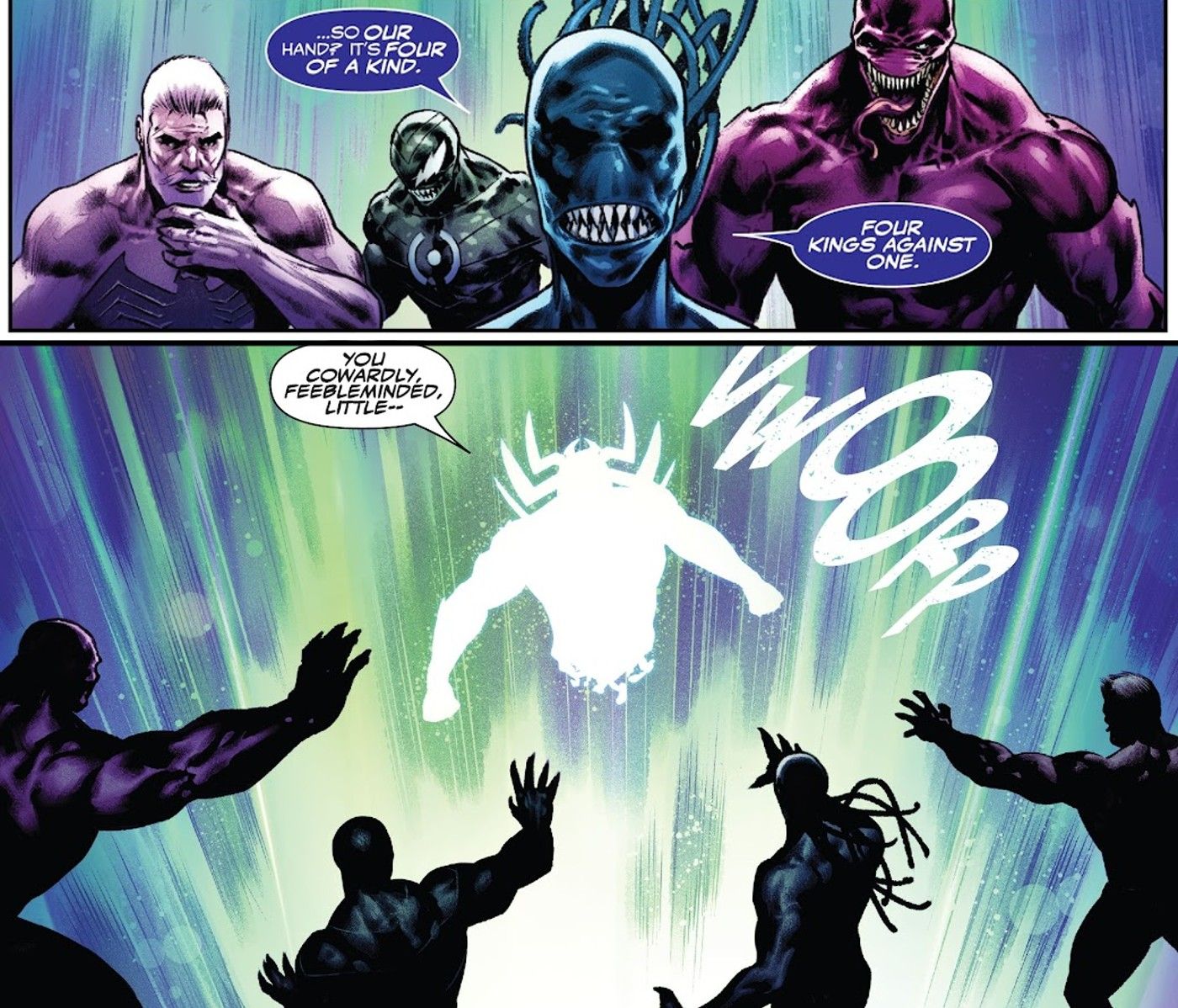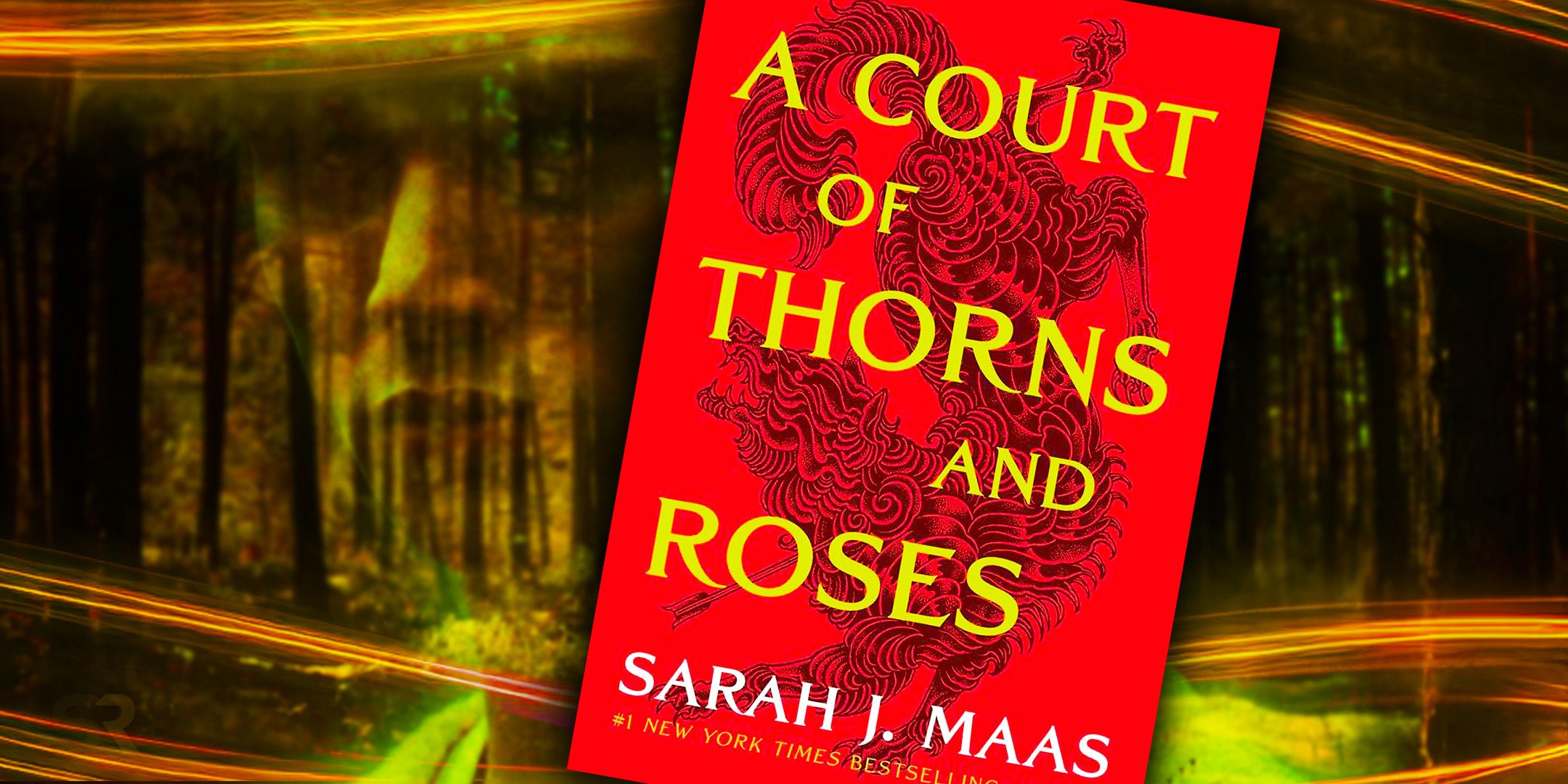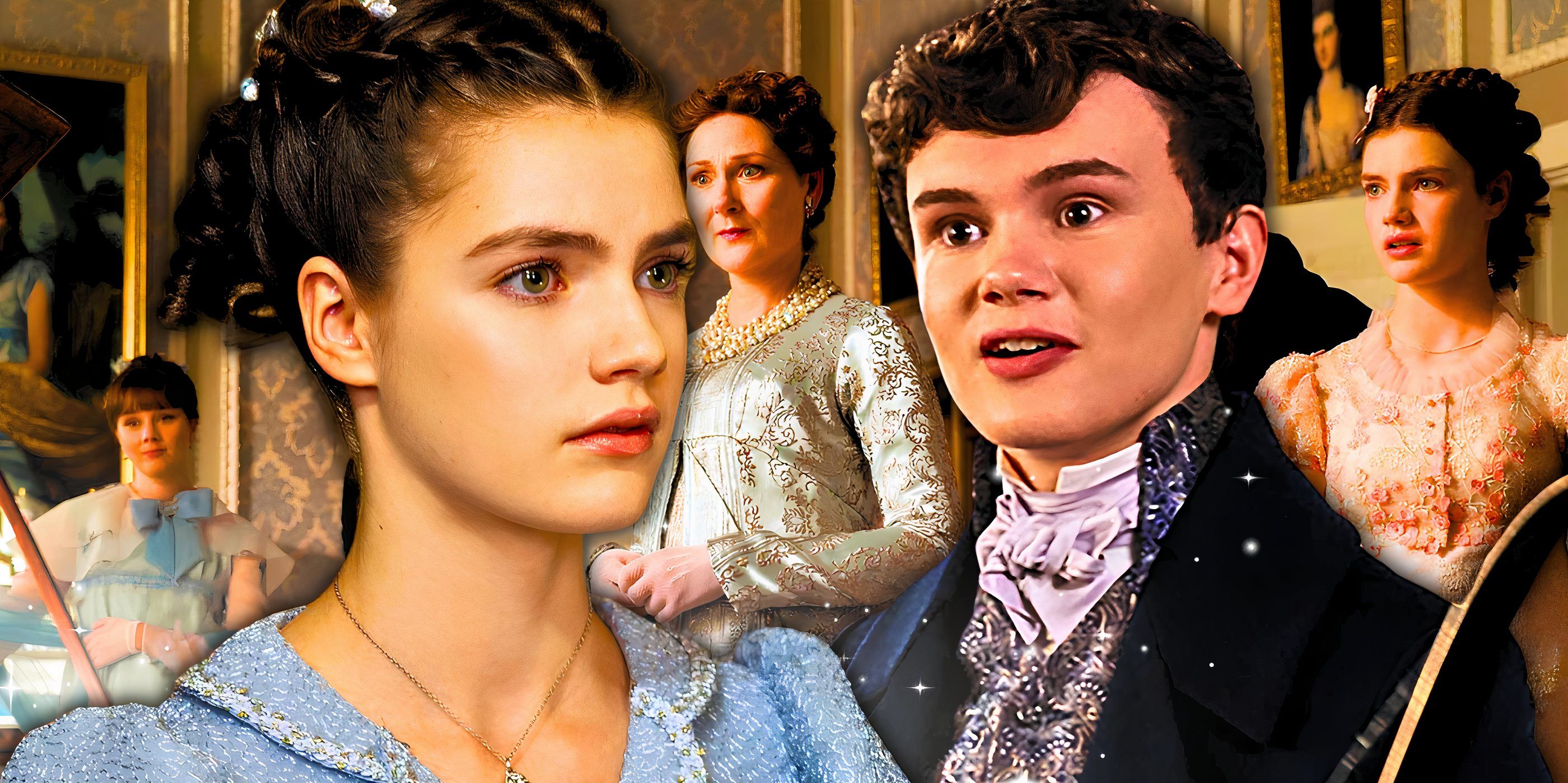In Lin-Manuel Miranda’s Hamilton, it’s clear what Aaron Burr really thought of Alexander Hamilton, but what did they think about each other in real life? For two Independence-era politicians who never quite made it to the big seat in the Oval Office, even the smallest slight against one’s political ambitions could turn deadly. That’s how their relationship plays out in the musical, but things were a bit more complex in reality.
In real life, Burr’s relationship with Hamilton was much more complicated and spanned an even longer amount of time than what Miranda was able to squeeze into his musical. The two were almost immediately at odds with each other due to their party alignment; Hamilton was a Federalist and Burr was a Democratic-Republican. This was a time when any party in power had the ability to build the nation’s foundations from scratch, so tensions between Hamilton and Burr were naturally high. Miranda makes what happens between the two no surprise, since Hamilton’s opening song sets up the entire musical. However, the show’s “frenemies” type relationship between Hamilton and Burr is more generous on the friendship side than history would suggest.
The fact of the matter is, Burr didn’t outwardly hate Hamilton, but he wasn’t close friends with him, either. Their already-strained relationship was aggravated by the Presidential Election of 1800, when Hamilton endorsed Thomas Jefferson over Burr. Though this election serves as the musical’s climax, the stakes in real life were slightly lower. While Hamilton portrays Burr as openly campaigning against Jefferson for the presidency, history shows that Burr actually ran on the same ticket, meaning he got to serve as Jefferson’s vice president anyway. Though his rival’s endorsement came out of left-field, especially considering that Hamilton and Jefferson debated about the National Bank, it ended up being somewhat inconsequential. After all, Burr managed to reach a higher position in the executive branch than Hamilton ever did.

It wasn’t until 1804, when Hamilton openly advocated against Burr’s campaign for New York state governor, that Burr painted a clear picture of his opinion of Hamilton. Burr wrote to Hamilton complaining of this and another letter he’d received, which stated that Hamilton “looked upon Mr. Burr to be a dangerous man, and one who ought not to be trusted with the reins of Government.” Hamilton refused to disavow the statement, which aggravated Burr so much that communications between the two had to be continued through their seconds, William Peter Van Ness and Nathaniel Pendleton. These letters, entrenched in purposefully vague 19th-century propriety, quickly led to the infamous duel in Weehawken, which was likely more complicated than Hamilton‘s “Ten Duel Commandments” made it out to be. When the pair met at dawn, it seemed that Burr’s intentions were crystal clear: the loss of his political career would cost Hamilton his life.
After the duel, Burr’s feelings about Hamilton become a little murky. While Burr actually did say, “The world was wide enough for Hamilton and me,” he also casually referred to Alexander as, “My friend Hamilton, whom I shot.” These statements show some level of remorse, but neither of them are a clear apology for his actions. Burr continued to pursue politics (though unsuccessfully) long after Hamilton’s death, which seems to indicate that the statesman didn’t feel too bad about his supposed friend’s death. These details about the real Aaron Burr are missing from the musical, possibly because they don’t paint him in a positive light. Perhaps Hamilton had left too bad of a taste in Burr’s mouth to deserve any post-mortem sympathy.
At a certain point in both their careers, both Hamilton and Burr viewed each other as public enemy number one. Burr felt personally attacked by Hamilton’s opinion of him and took it to heart, which would prove deadly in the end. Though Hamilton embellishes history for dramatic effect, it isn’t too far-off in its portrayal of how Aaron Burr really felt about Alexander Hamilton.





